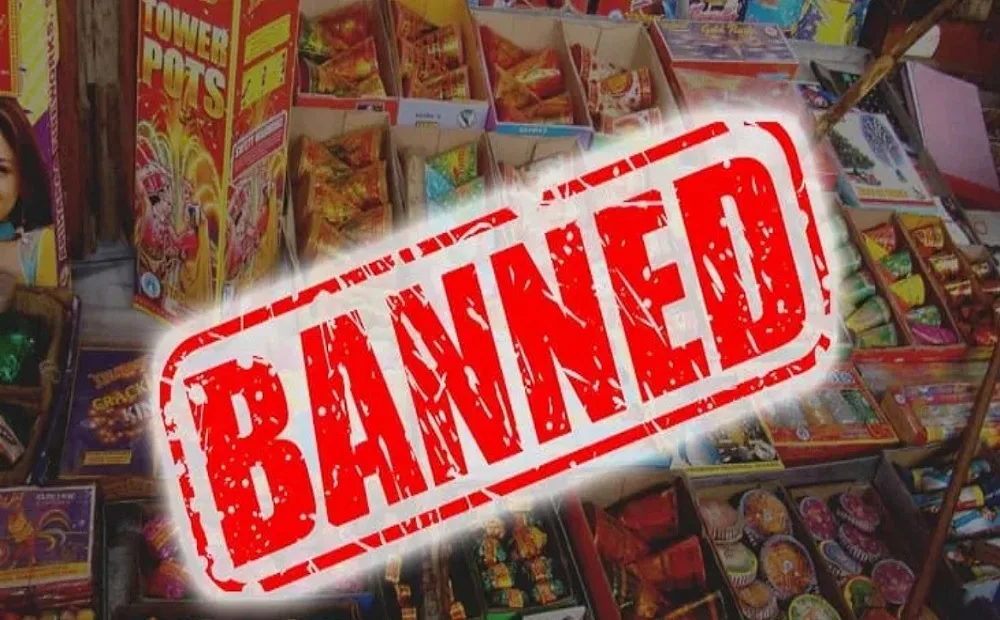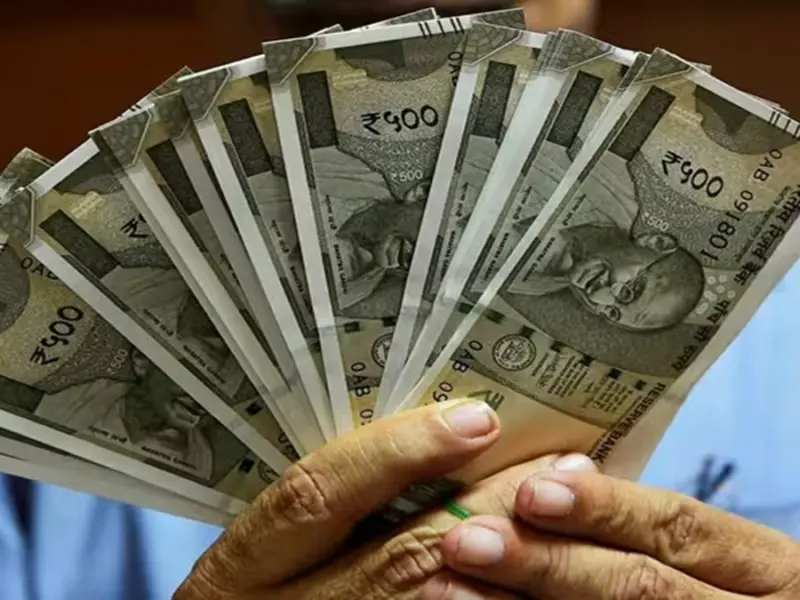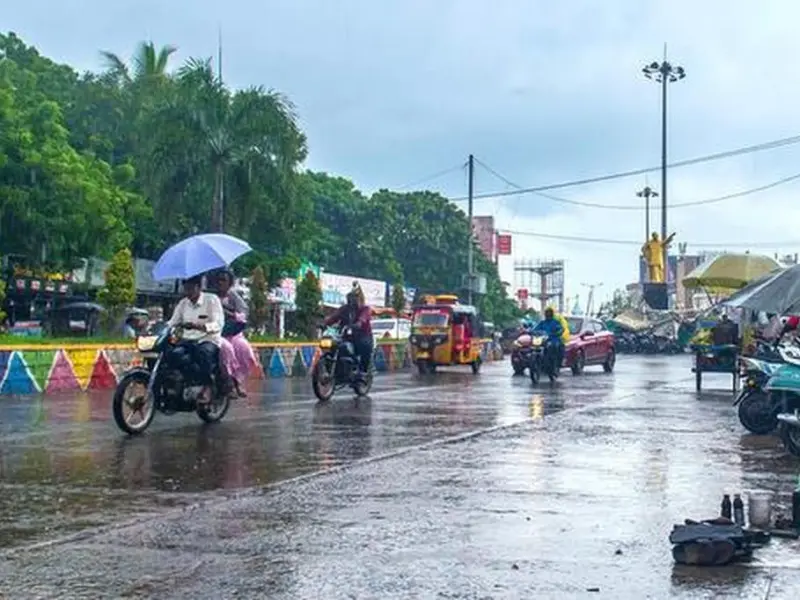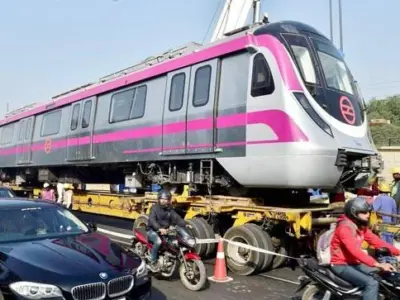The Delhi government has imposed a ban on the production, storage, sale, and use of all types of firecrackers in the city, effective until January 1, 2025. This decision has stirred a debate, with the Bharatiya Janata Party (BJP) questioning the justification for the annual ban on firecrackers during Diwali, accusing the Aam Aadmi Party (AAP) government of enforcing the ban without any scientific backing.
BJP Questions Scientific Basis of Firecracker Ban
Delhi BJP spokesperson Praveen Kapoor claimed that no report has been prepared by the Delhi government identifying firecrackers as the primary pollutant. He said, “The Delhi government has yet to provide any scientific report proving that firecrackers burnt on Diwali night significantly contribute to winter pollution.”
However, Delhi’s Environment Minister Gopal Rai announced the ban and urged Delhiites to support the government’s efforts to curb air pollution. In a post on ‘X’ (formerly Twitter), he said, “Given the rising pollution during winters, a ban on the production, storage, sale, and use of firecrackers has been imposed from today until January 1.”
Pollution Control Measures and Implementation
The Delhi Pollution Control Committee (DPCC) has issued detailed instructions to ensure the ban is effectively implemented. The ban includes online sales of firecrackers, and its primary aim is to reduce pollution levels, which worsen during winters due to factors like stubble burning, slow wind speeds, and other seasonal effects.

The Delhi Police have been tasked with enforcing the ban and are required to submit daily reports to the DPCC. During a site visit to a sports complex, Gopal Rai commented, “The Air Quality Index (AQI) today is in the ‘poor’ category, and as winter approaches, pollution levels rise due to falling temperatures. The government is working on a 21-point plan to address this issue. We will intensify our efforts to raise public awareness about this matter.”
This ban is seen as a preventive step to tackle Delhi’s severe air pollution during the winter season, but it has also sparked a debate over its necessity and effectiveness without concrete scientific evidence.




